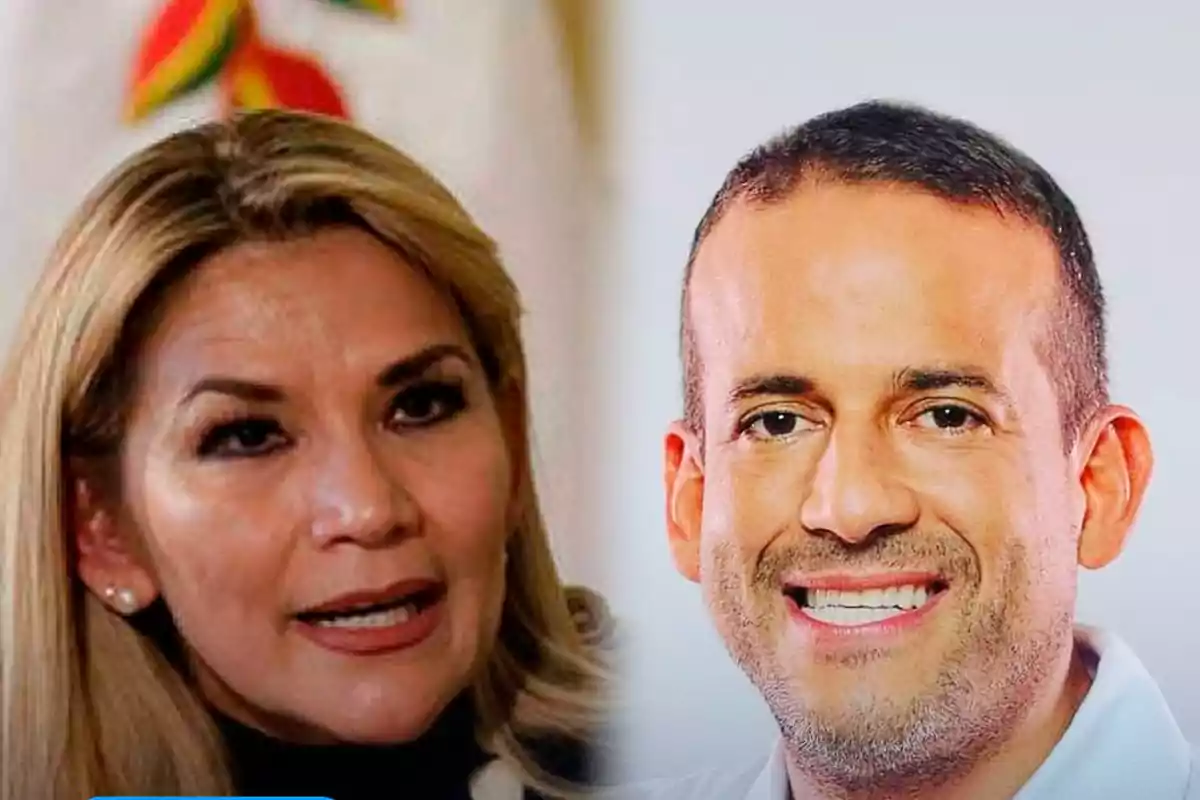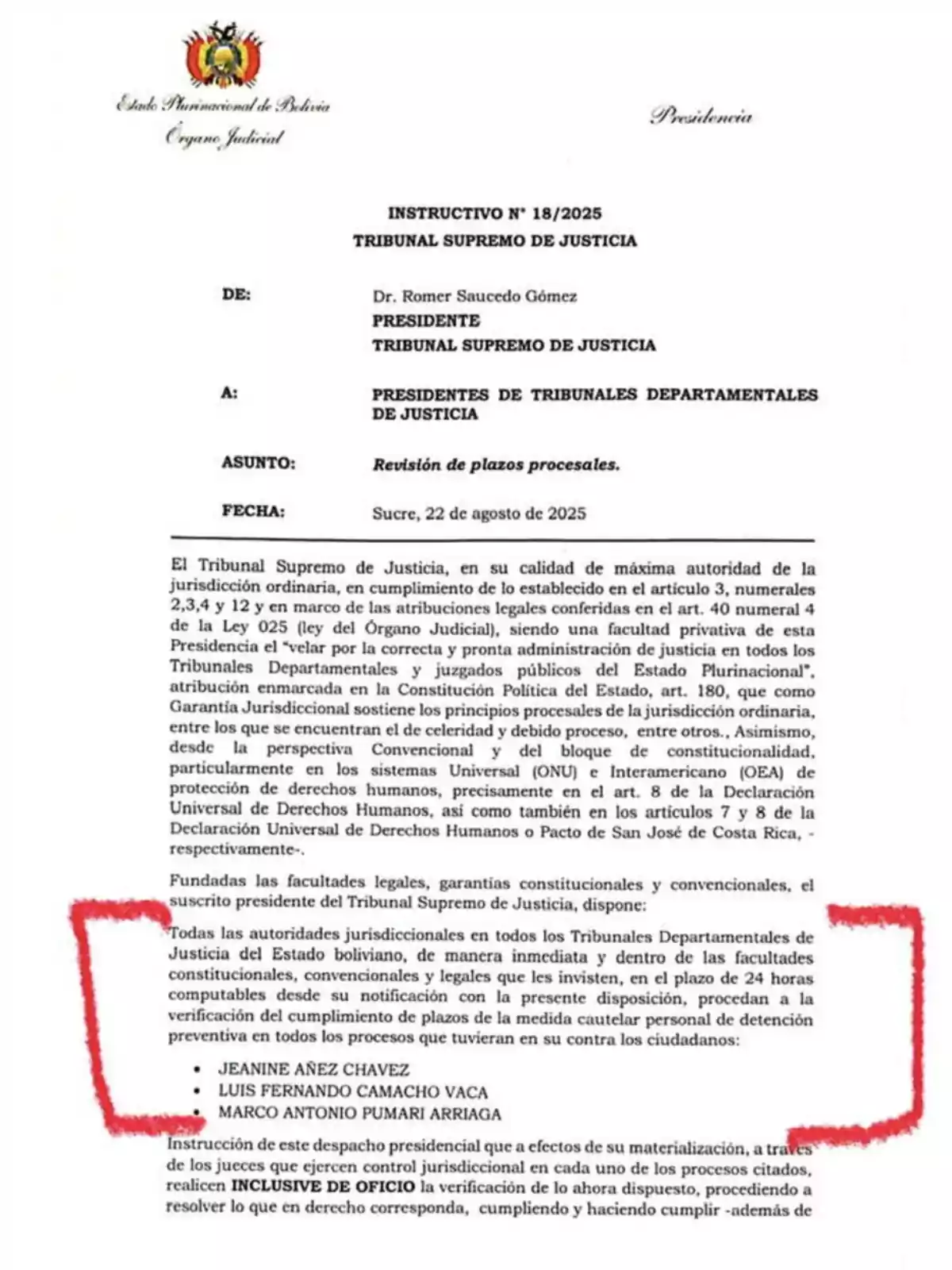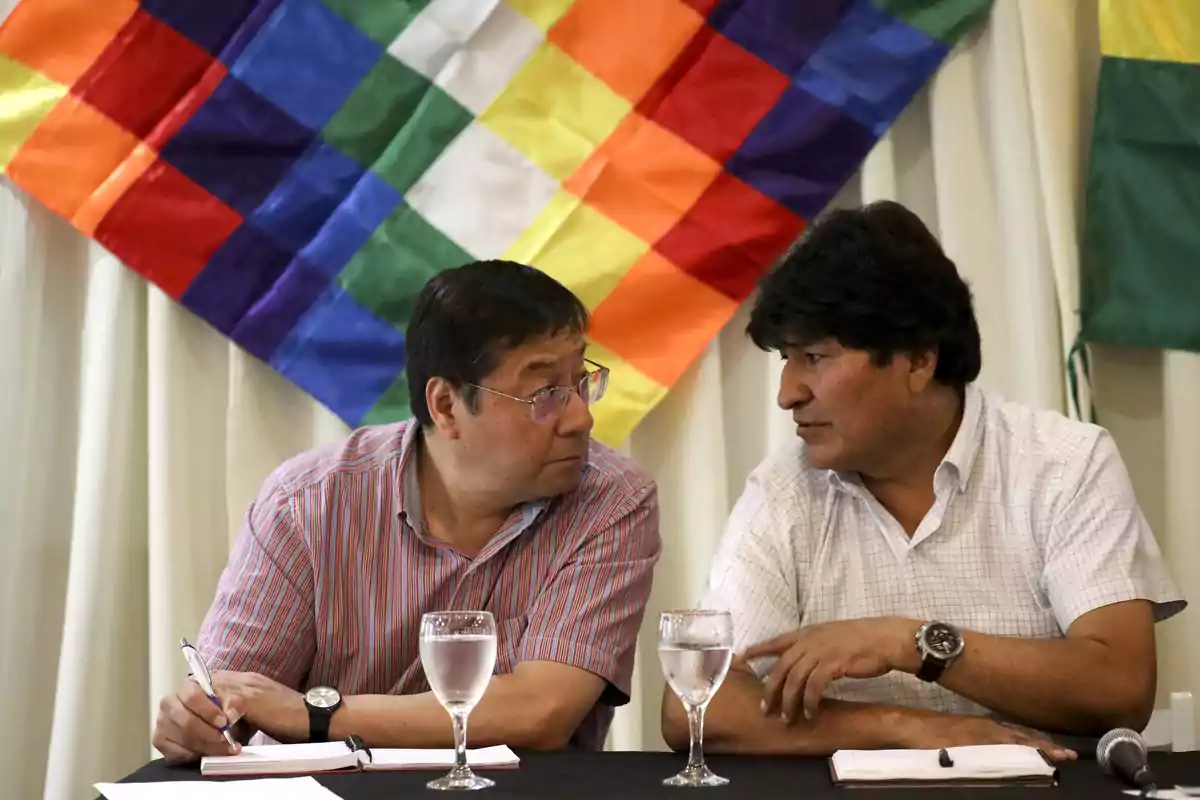
Bolivia's justice system announced the release of all political prisoners.
The measure comes days after the heavy electoral defeat of the Movimiento al Socialismo (MAS)
After the harsh defeat of the socialist government in Bolivia, the Supreme Court of Justice (TSJ) ordered the country's departmental courts to review, within 24 hours, the preventive detention proceedings of three of the most prominent opposition figures: former president Jeanine Áñez, former Santa Cruz governor Luis Fernando Camacho, and Marco Antonio Pumari.
This measure comes just days after the heavy electoral defeat of the Movimiento al Socialismo (MAS), which lost its political majority in a result that completely reshapes the national landscape.
In practice, the TSJ's directive announces the release of all political prisoners, who have remained incarcerated under false charges of conspiracy, terrorism, and sedition since the 2019 crisis. These three opposition leaders are victims of the abusive use of preventive detention as a tool of judicial persecution, used by a socialist regime that lasted more than 20 years.

"After four and a half years, the Supreme Court of Justice instructs to act according to the law," Jeanine Áñez stated on her X account, adding: "Freed from the interference of MAS and the Executive Branch, Justice must restore all the rights and guarantees that were taken from us."
She also asserted that "the Prosecutor's Office must proceed in the same way, since we were persecuted, imprisoned, and prosecuted outside the express mandate of the Constitution by MAS instructions to eliminate the defenders of democracy."

The TSJ's decision can't be separated from the new political context. After the heavy electoral setback, MAS lost the ability to control all branches of government with the same strength as in recent years. The weakening of that hegemony opens space for a more independent judiciary, which now recognizes the irregularity of keeping opposition leaders detained without cause.
Everything indicates that Áñez, Camacho, and Pumari will be released in the coming days, marking the beginning of a new stage in Bolivian politics. Their release from prison will not only represent a victory for those who denounced their status as political prisoners, but also a symbol that Bolivian democracy seeks to regain balance after years of socialist political persecution.
More posts: